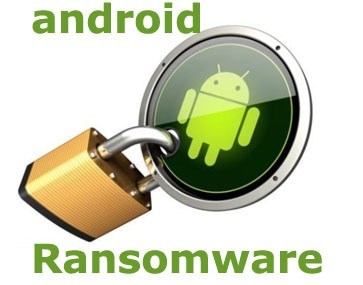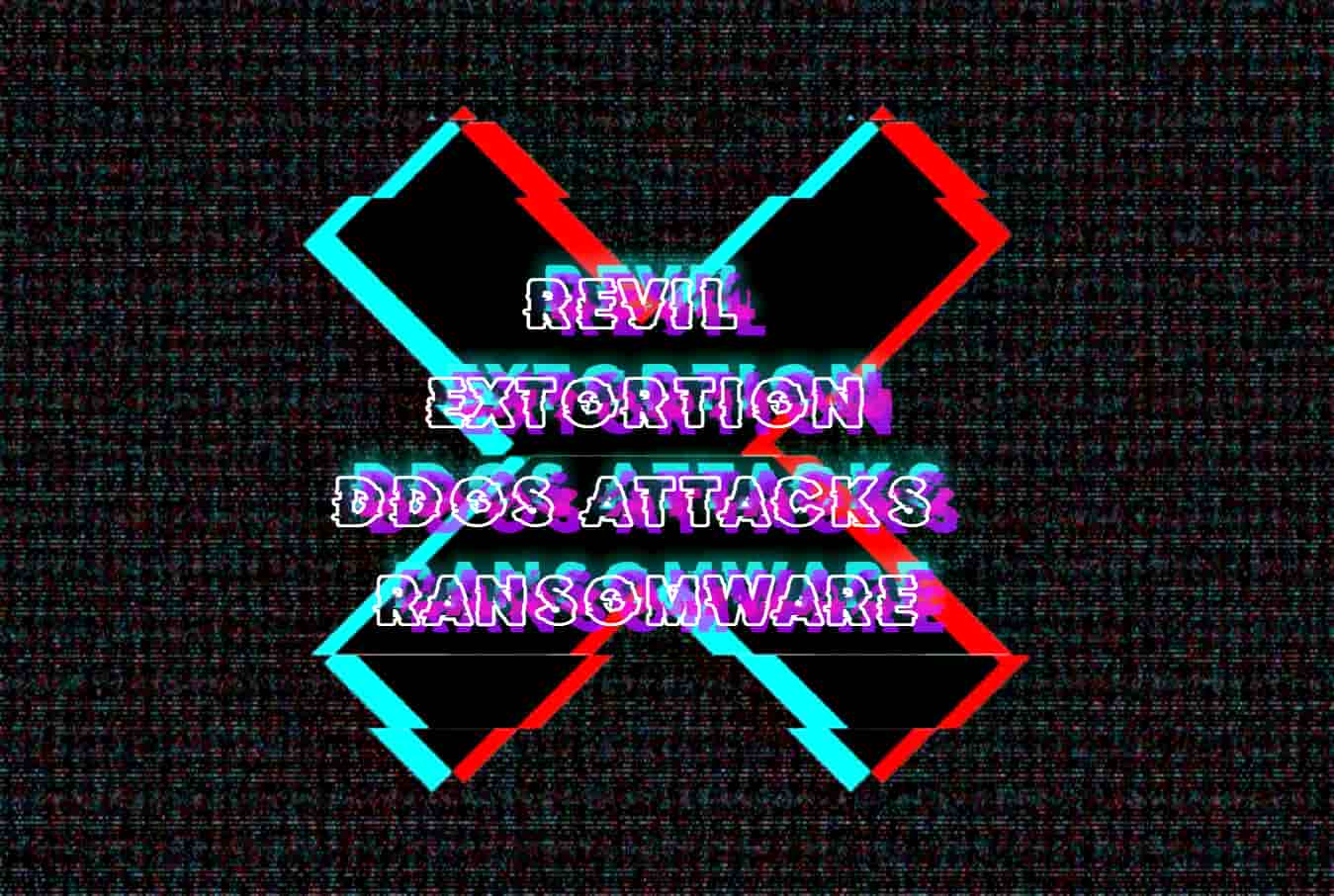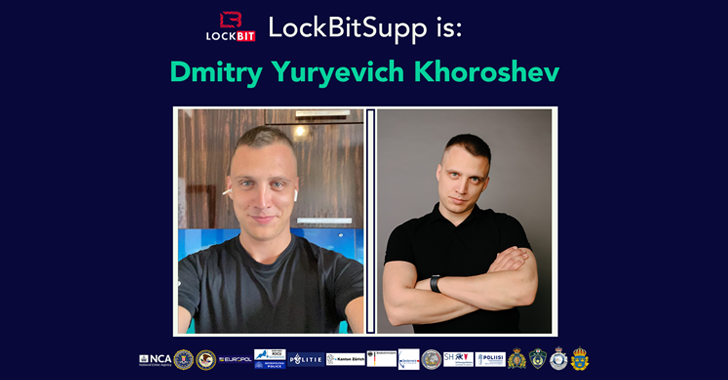Security researchers from ESET spotted a new Android ransomware DoubleLocker which encrypts all the files on your device and also it changes the device PIN and set to random value.
It is the first ever ransomware that misusing Android accessibility services, it can change device’s PIN to prevent users from accessing the device and also it encrypts all the files in the device and put a ransom note.
Lukáš Štefanko, the ESET malware researcher who discovered DoubleLocker said Given its banking malware roots, DoubleLocker may well be turned into what could be called ransom-bankers. Two-stage malware that first tries to wipe your bank or PayPal account and subsequently locks your device and data to request a ransom.
Distribution & Activation – DoubleLocker
DoubleLocker distributed through fake flash popup via the compromised websites. Once the application triggered it launches a malware access service dubbed as Google Play Service, then it obtains accessibility permissions.
With the accessibility permissions, it obtains admin rights and the set’s up a default home application without user’s knowledge.
Also Read Now Any One Can Create Ransomware With No Coding Skills
“Setting itself as a default home app – a launcher – is a trick that improves the malware’s persistence. Whenever the user clicks on the home button, the ransomware gets activated and the device gets locked again. Thanks to using the accessibility service, the user doesn’t know that they launch malware by hitting Home,” explains Štefanko.
Execution
Once the ransomware is executed it first change the device PIN to a random one to block user access and then it encrypts the file with AES algorithm and appends extension “.cryeye”.
The encryption is implemented properly, which means that, unfortunately, there is no way to recover the files without receiving the encryption key from the attackers,” says Štefanko.
DoubleLocker demands ransom payment 0.0130 BTC and it should be paid within 24hours. Preventive Measures
Preventive Measures
- Give careful consideration to the permission asked for by applications.
- Download applications only from trusted sources.
- Stay up with the latest version.
- Encrypt your devices.
- Make frequent backups of important data.










